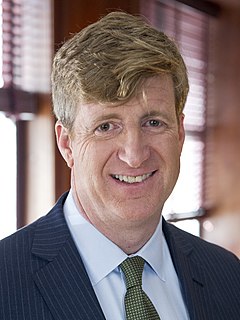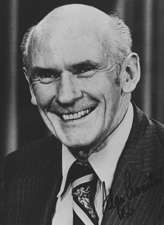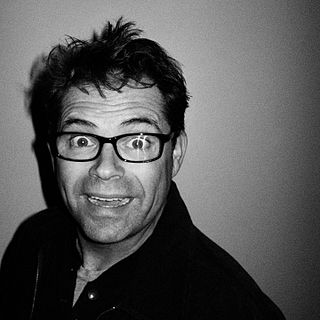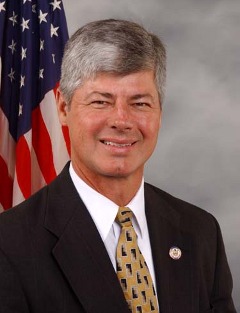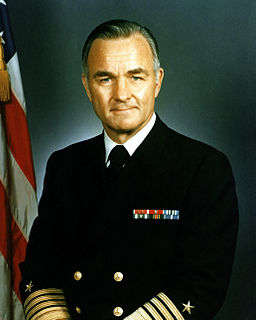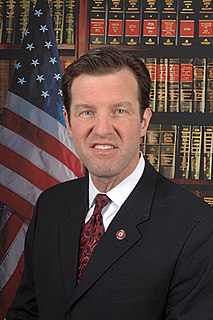A Quote by Fred Thompson
We are always just one successful terrorist attack away from a nuclear disaster.
Quote Topics
Related Quotes
The explosion of a terrorist's single nuclear device in a major metropolitan center would trigger an unparalleled humanitarian and environmental disaster. An accidental military launch of multiple warheads could result in a worldwide nuclear holocaust. Medical researchers and military analysts forebode grim consequences.
Sooner or later there will be a nuclear 9/11 [by Islamic terrorists] in an American city or that of a US ally... A terrorist nuclear attack against an American city could take many forms. A worst case scenario would be the detonation of a nuclear device within a city. Depending upon the size and sophistication of the weapon, it could kill hundreds of thousands or even millions of people.
Why do terrorist attacks that kill a handful of Europeans command infinitely more American attention than do terrorist attacks that kill far larger numbers of Arabs? A terrorist attack that kills citizens of France or Belgium elicits from the United States heartfelt expressions of sympathy and solidarity. A terrorist attack that kills Egyptians or Iraqis elicits shrugs. Why the difference? To what extent does race provide the answer to that question?
At 2:26 AM on 3 June 1980, Colonel William Odom of the Strategic Air Command alerted National Security Advisor Zbigniew Brzezinski that the US nuclear warning system had detected an imminent 220-missile nuclear attack on the US. Shortly thereafter, the automated system revised its projection from 220 missiles to an all-out attack of 2200 missiles. Just before Brzezinski was about to wake up President Carter to authorize a counterattack, he was told that the 'attack' was an illusion caused by 'a computer error in the system'.

